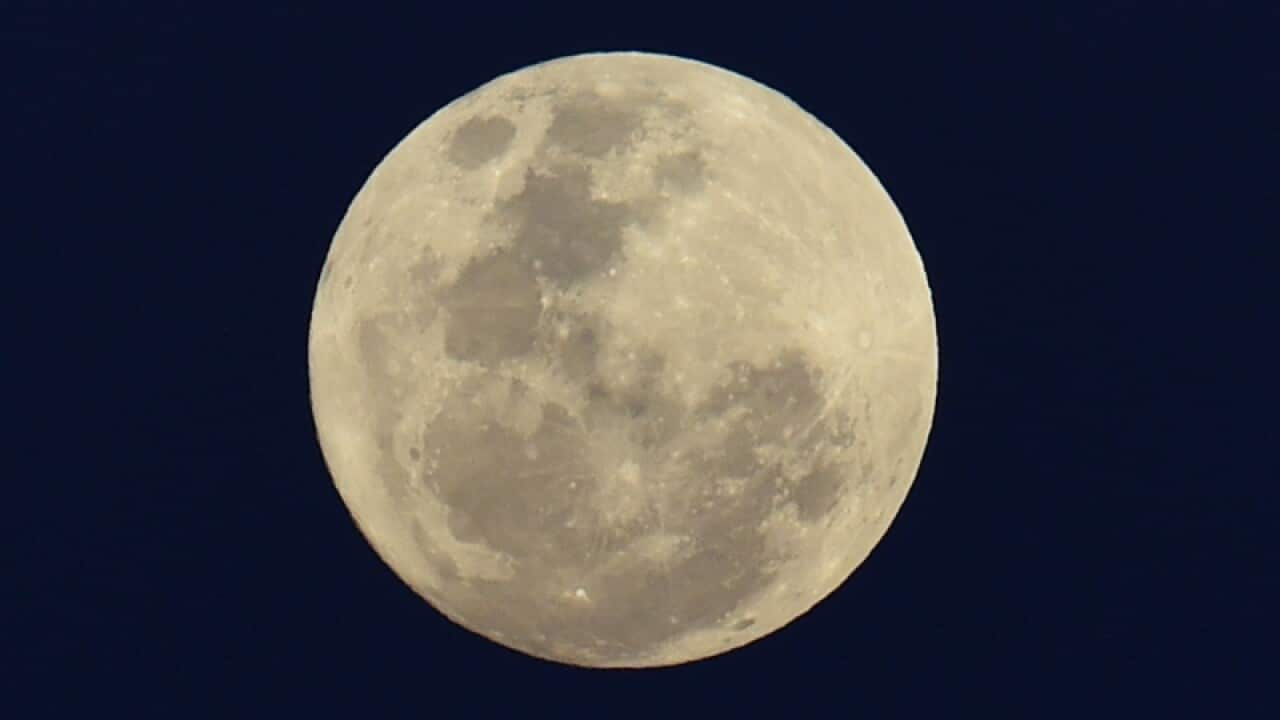Microfossils up to almost 4.3 billion years old found in Canada of microbes are similar to the bacteria that thrive today around sea floor hydrothermal vents and may represent the oldest-known evidence of life on Earth, scientists have said.
The fossils from the Hudson Bay shoreline in northern Quebec near the Nastapoka Islands lend credence to the hypothesis that hydrothermal vents spewing hot water may have been the cradle of life on Earth relatively soon after the planet formed, the researchers said on Wednesday.
They also said Earth's Mars at that time is thought to have had oceans, long since gone, that may have boasted similar conditions conducive to the advent of life.
Tiny filaments and tubes made of a form of iron oxide, or rust, formed by the microbes were found encased in layers of quartz that experts have determined to be between 3.77 billion and 4.28 billion years old, according to the study published in the journal Nature.
The researchers expressed confidence the fossils were formed by organisms, saying no non-biological explanation was plausible.
It was primordial microbes like those described in the study that set in motion the evolutionary march toward complex life and, eventually, the appearance of humans 200,000 years ago.
"Understanding how and when life began on Earth helps answer the long-standing questions: Where do we come from? Is there life elsewhere in the universe?" said study researcher Matthew Dodd, a University College London biogeochemist.
The scientists said the primordial microbes' structure closely resembled modern bacteria that dwell near iron-rich hydrothermal vents. They believe that, like their modern counterparts, they were iron-eaters. The rock's composition was consistent with a deep-sea vent environment.
"This is important for the origin of life," said study researcher Dominic Papineau, a University College London astrobiologist. "It shows microbial life diversified to specialsed microbes very early in Earth history.
Related reading

Moon could be 4.5 billion years old, scientists say
Share

